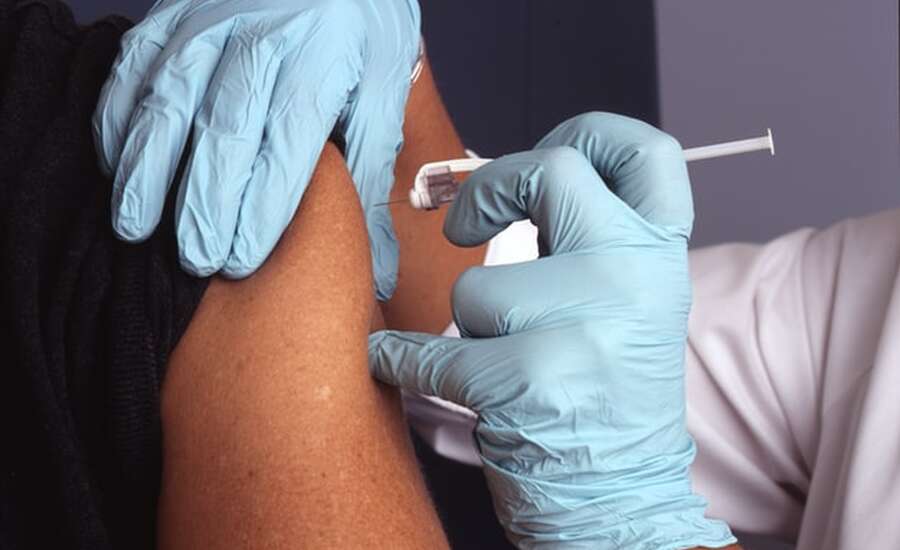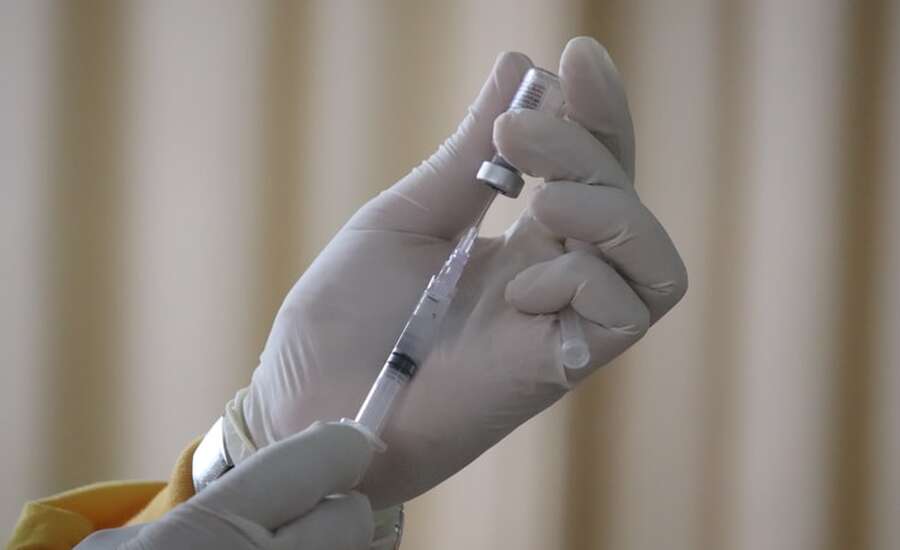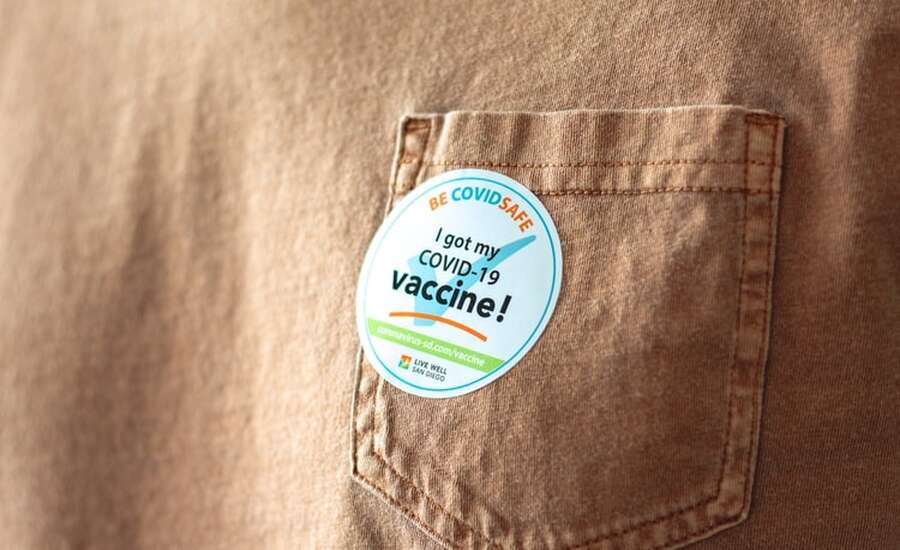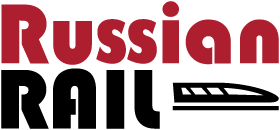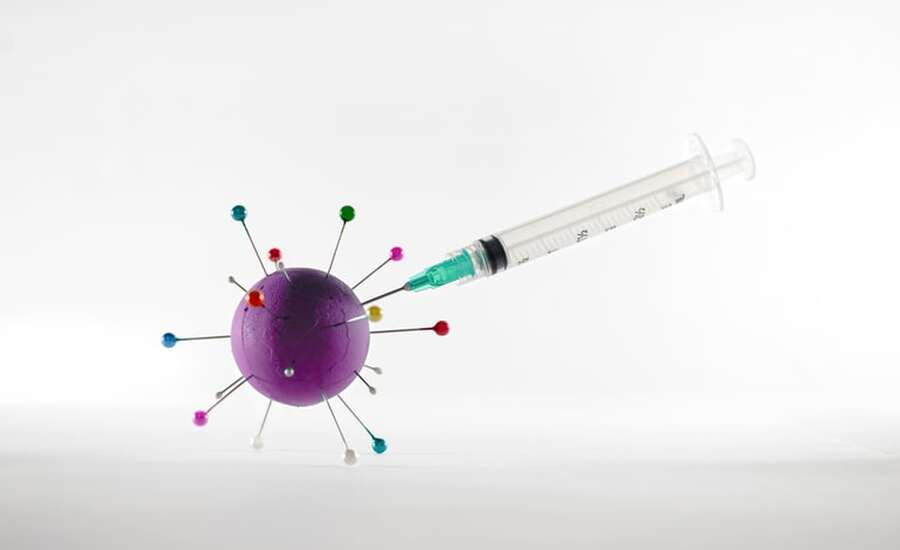
- On 27 Feb 2021
Sputnik-V: The Russian COVID-19 Vaccine
Sputnik-V fact file:
- Efficacy: At least 91.6%, practically the same as the Moderna and Pfizer/BioNTech vaccines
- Safety: No serious side effects have been noted
- Roll-out: Over two million people have received the vaccine, including one million in Russia
- Approval: 25 other countries have approved Sputnik-V for distribution
 Sputnik-V: The Russian COVID-19 Vaccine
Sputnik-V: The Russian COVID-19 Vaccine
Russia has suffered over four million cases of COVID-19, making it the fourth worst-affected country. Joining other countries around the world, Russia threw itself into the global vaccination race and developed a homegrown COVID-19 vaccine. The head of Russia's sovereign wealth fund called their efforts a ‘sputnik’ moment, referencing the Soviet launch of the world’s first satellite during the space race. In August 2020, Russia registered the world’s first COVID-19 vaccine – Sputnik-V.
With practically the same efficacy and safety of the vaccines being distributed in Europe, Sputnik-V has been rolled out across the country and has been approved by 26 other countries so far. The authorities plan to vaccinate 60% of the Russian population by the end of the year, and with over one million people vaccinated already, Russia is well on its way to recovery.
Sputnik-V facts and figures
- Sputnik-V introduces an adenovirus (a genetically altered form of a harmless virus) into the body via two doses given 21 days apart, which triggers a strong immune response.
- It has an efficacy rate of 91.6% and 91.8% among people aged 60 and older.
- Early laboratory evidence showed that Sputnik-V could provide up to two years of immunity.
- It is inexpensive, costing no more than $10 per shot.
- It should be stored and transported at a temperature between 36ºF and 46ºF.
- Sputnik-V is produced by the Gamaleya Research Institute of Epidemiology and Microbiology in Moscow. Founded in 1891, the institute runs one of the world’s most unique virus libraries, has produced vaccines for cholera, typhus, Ebola, MERS, and has been a leading research centre for developing adenoviral vaccines since the 1980s.
How effective is the Sputnik-V vaccine?
As Sputnik-V was the world’s first registered COVID-19 vaccine, the Russian authorities attracted criticism for its accelerated development and the absence of published data from clinical trials. This included questioning by prominent scientists and researchers, published in the British medical journal The Lancet in August 2020.
Despite this earlier criticism, in February 2021 The Lancet published a peer-reviewed study of over 20,000 volunteers in Russia’s Phase 3 clinical trials, which confirmed that Sputnik-V had an efficacy rate of nearly 92% in preventing symptomatic cases, and complete protection against severe cases. Sputnik-V is almost as effective as the Moderna and Pfizer/BioNTech shots which have an efficacy of 95%, and is much more effective than the Oxford/AstraZeneca and Johnson and Johnson vaccines.
Ongoing trials to test Sputnik-V against new COVID-19 variants have been optimistic, and clinical trials of a combined Oxford/AstraZeneca and Sputnik-V vaccine are expected to start soon. Russia will also start offering a one-dose vaccine, Sputnik Light, which would be at least 73% effective.
How safe is Sputnik-V?
The vaccine does not cause any serious side effects – just mild ones such as flu-like symptoms, arm soreness, and headaches. Elderly people who have received the vaccine tolerated it well and did not experience serious adverse effects.
How many people have had the Russian vaccine?
According to the Russian authorities, over two million people worldwide have received the Sputnik-V vaccine, and Moscow has received orders for 2.4 billion doses from countries across the globe. The Wall Street Journal reported that 1.3 million Russians have been vaccinated, but equipment complications caused delays in manufacturing and the population is sceptical.
A study by the Levada Centre carried out in December 2020 revealed that 58% of Russians were not willing to get the vaccine, citing fear of side effects and incomplete trials as their main concerns. But as more peer-reviewed studies reveal the safety and efficacy of Sputnik-V, and once the vaccine is approved by the World Health Organisation and European Medicines Authority, hopefully people will feel more comfortable.
Where is Sputnik-V being distributed?
26 countries have registered the Sputnik-V vaccine, which is produced in Russia, Brazil, India, China and South Korea. With each shot costing no more than $10 and requiring simpler logistics than the Pfizer/BioNTech vaccine, Sputnik-V is more accessible for countries in the developing world.
As of 17th February, the following countries have approved distribution of Sputnik-V:
Russia, Belarus, Argentina, Bolivia, Serbia, Algeria, Palestine, Venezuela, Paraguay, Turkmenistan, Hungary, UAE, Iran, Republic of Guinea, Tunisia, Armenia, Mexico, Nicaragua, Republika Srpska (entity of Bosnia and Herzegovina), Lebanon, Myanmar, Pakistan, Mongolia and Bahrain, Montenegro, St Vincent and the Grenadines.
Is it safe to go to Russia?
Since the peak in late December 2020, new COVID-19 cases in Russia have steadily dropped to less than 13,000 per day. By 17th February in Moscow and St Petersburg respectively, daily new cases are down to 1,400 and 1,100 out of populations of twelve million and five million people.
The majority of tourist attractions have reopened, including theatres, museums, galleries, restaurants and concerts, although some restrictions remain to limit overcrowding. Masks are mandatory on the metro and should be worn in indoor public spaces. Extra safety precautions are in place at train stations and on short and long-distance trains. Although it is unlikely that you will come into contact with an infected person, it is important to use your personal safety kit – mask, hand sanitiser, gloves etc. Russia is expecting a robust 2021 summer tourism season as the country accelerates recovery.
Photos by @ivvndiaz @nci @marisolbenitez @mufidpwt
